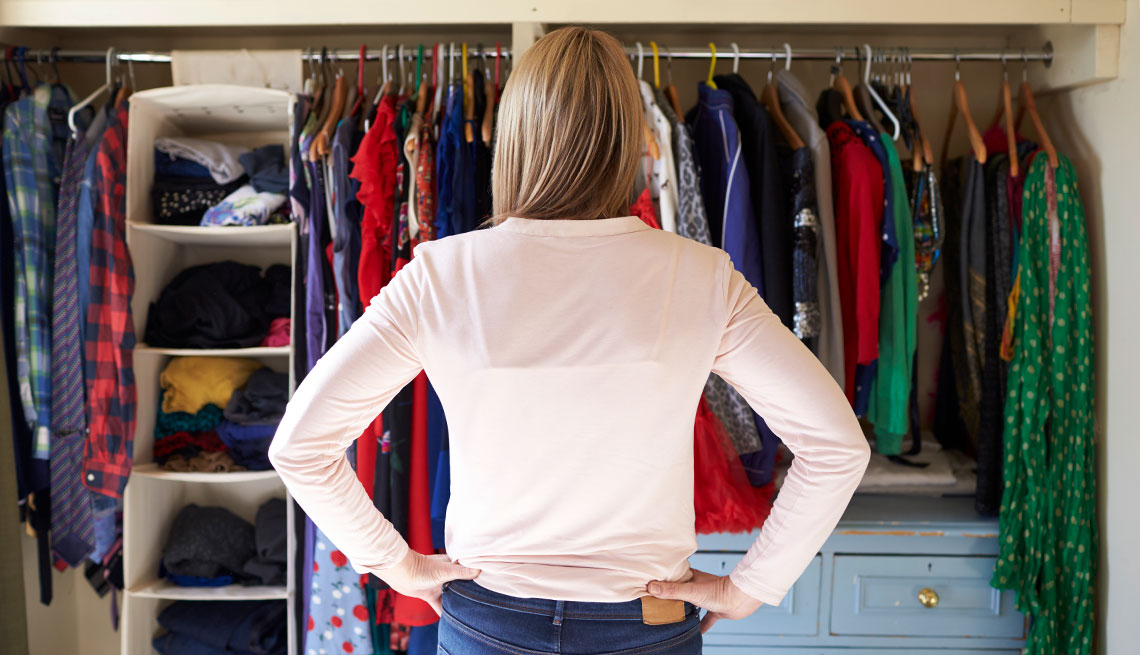
- Select a language for the TTS:
- UK English Female
- UK English Male
- US English Female
- US English Male
- Australian Female
- Australian Male
- Language selected: (auto detect) - EN
Play all audios:
MUST BUY MERCHANDISE. “No purchase is necessary to enter or win. In fact, the majority of [Publishers Clearing House] winners have never purchased anything,” Irving says. YOU DIDN’T ENTER A
CONTEST. If you play a lottery regularly, this may not alert you, DeLiema says. But if you don’t have a ticket to present, you can’t collect your winnings. “Players must show or scan their
ticket when making a claim,” Gale says. “If it’s $600 or less, you can go to one of our retailers and they will give you that amount,” says Jayre Reaves, the DC Lottery's director of
marketing. Gale says that’s true for most states, but there are exceptions. In South Dakota, for example, retailers can award prizes up to $100. For bigger cash prizes, security staff
must verify the ticket in person at a lottery center, according to the state lotteries’ trade group. THEY ASK FOR YOUR FINANCIAL INFORMATION. Criminals tell you you’ve won a prize but they
need your private information to verify you as the winner. If Publishers Clearing House is sending a check to a winner, it never asks for bank information, Irving says. For large lottery
prizes, winners are processed in person at a state lottery office. THEY SPEND A LOT OF TIME WITH YOU. Criminals try to engage you in friendly conversation. “If the person is trying to build
a relationship with you, that’s not [what] the real lottery distributors do,” DeLiema says. PROMISES TO SHOW UP ARE BROKEN. “If they keep needing more and more money in order to show up,
that’s a red flag to end the engagement right then and there, and report [it] immediately to law enforcement,” DeLiema says. HOW TO PROTECT YOURSELF HANG UP THE PHONE. Hang up on cold calls
claiming to be from well-known contests. TAKE TIME TO CONSIDER. Criminals urge you to move quickly, but “slowing down is always important. It helps you process the information,” DeLiema
says. Plus, "Any legitimate prize or sweepstakes ... will give you enough time to check on everything,” Amy Nofziger, the AARP Fraud Watch Network Helpline’s director of fraud victim
support, said on _The Perfect Scam__. _ TALK TO FRIENDS AND FAMILY. Criminals may tell you not to tell anyone because they’ll want your money, or because it will deprive you of the chance
of surprising your family with big checks. But DeLiema found that speaking to someone else provided protection: “Most of the people who do [talk to others] learn right away that these
lotteries and sweepstakes are not real.” INDEPENDENTLY VERIFY. You always have the option to check your ticket face-to-face at a retailer, says DC Lottery’s Reaves. Gale says that in
addition to checking at a retailer, customers can check the state lottery home page, see live or archived drawings on the lottery site, or call the lottery’s winning number line. To check if
phone calls are from a legitimate lottery, call the lottery in your jurisdiction and ask for the security department, he says. IF COLLECTING THE PRIZE ISN’T FREE, PASS. Don’t ever pay a fee
to claim a prize you’ve supposedly won or to improve your chances of winning. PROTECT YOUR PERSONAL INFORMATION. Never provide personal or financial information to anyone who contacts you
about a lottery prize. READ THE FINE PRINT. If you’ve been sent a contest through the mail, make sure it isn’t missing legally required information, such as the contest’s start and end
dates, methods of entry, descriptions of prizes and various legal disclaimers. If that stuff isn’t there, something is funny. IF YOU’VE BEEN A TARGET REPORT THE FRAUD. If you’ve lost money
in a sweepstakes scam, or you have information about the scammer, report it to the FBI’s Internet Crime Complaint Center (IC3.gov), and your state attorney general. Not every complaint
leads to enforcement action, but the information can help officials to spot trends and sometimes identify the criminals. Publishers Clearing House has information about criminals posing as
its employees and other scams to be aware of. If you’ve been contacted by a scammer, you can notify the company by filling out an online form or calling 800-392-4190. Call the free AARP
Fraud Watch Network Helpline, 877-908-3360, to speak with trained fraud specialists who can provide support and guidance on what to do next and how to avoid future scams. The AARP Fraud
Watch Network also offers online group support sessions. _The original story has been rewritten and advice from lottery and sweepstakes experts has been added._









